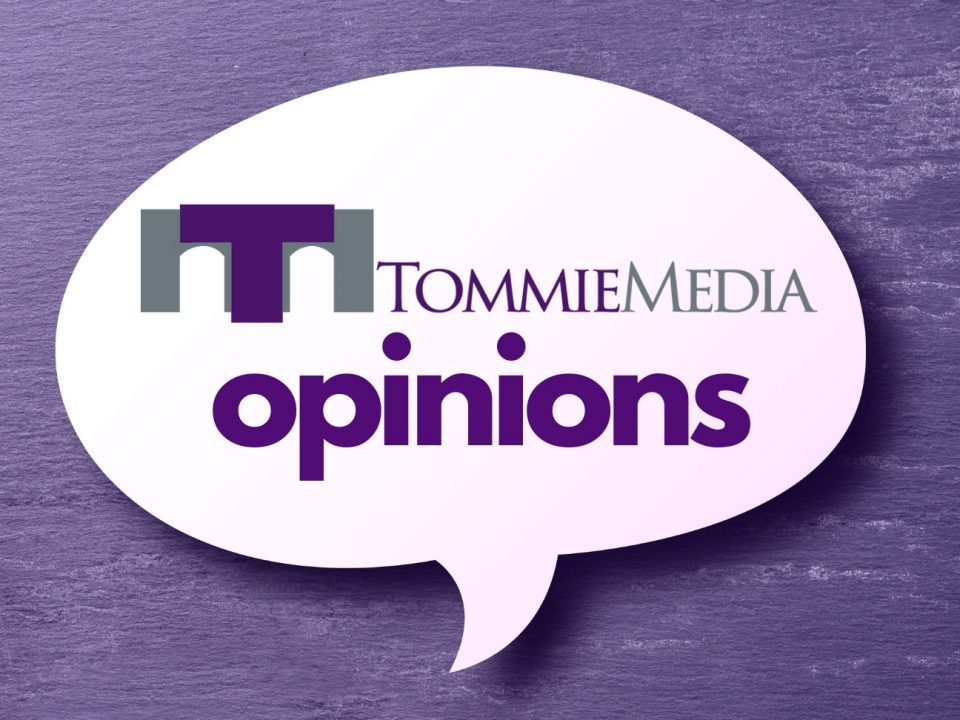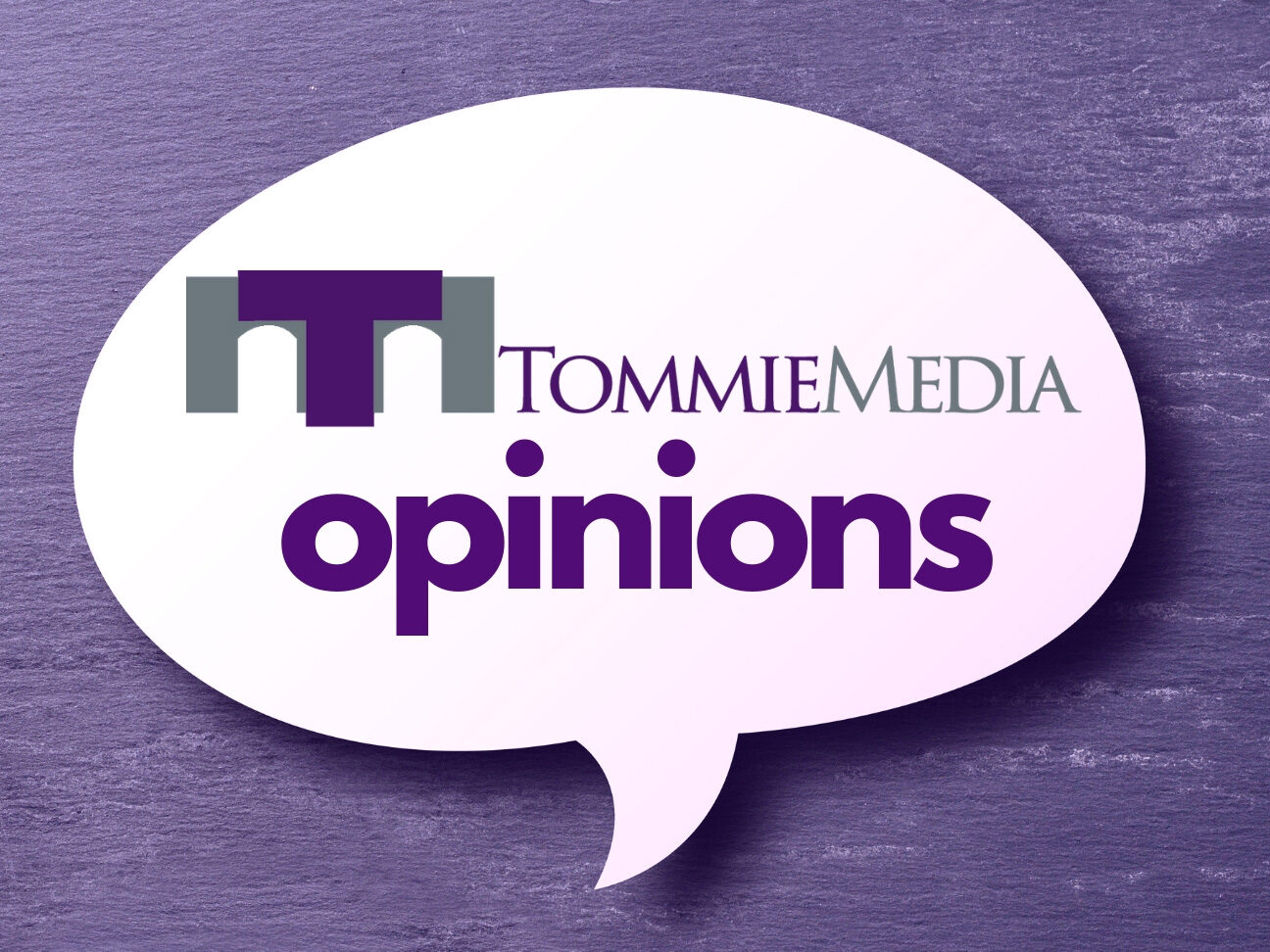
Graduation is right around the corner for college seniors, but recently, news broke that St. Thomas’ graduation ceremony would be postponed and pushed back into uncertainty. This is a relevant parallel to all of our lives, particularly when it comes to putting a roof over our heads.
As before, we were heading toward new careers and new opportunities, but we now find our lives halted. Our plans are put on hold for an uncertain amount of time. If finding your own place to live in the Twin Cities was part of your post-graduate future, you might have to change plans or be in for a shock.
Minnesota and, more specifically, the Twin Cities metropolitan area is in the midst of a housing crisis. It’s an issue that’s trickled down to our least fortunate citizens and has now been exacerbated in part to the COVID-19 pandemic and its negative effects on the already burgeoning issue of housing markets and its connection to homelessness.
When we think of large-scale homelessness we usually think of the West Coast: Los Angeles, Portland and Seattle, or East Coast cities like Washington, D.C. and New York City. However, this isn’t just a coastal city issue, it’s nationwide, and it’s hitting our state and cities hard.
In one of my last in class sessions before going online, we met for my 400-level advertising class and were partnered with a client representing Catholic Charities. CC is the largest organization in Minnesota that helps the homeless get back on track through their various programs. During our meeting, the CC representative had some startling comments on this crisis.
Minnesota is experiencing one of the largest exponential growths of homelessness in the country. It’s rapidly catching up with the West Coast states. In 2020, Minnesota homelessness has reached a record high with over 10,000 people suffering from the issue.
She also mentioned that roughly a third of the homeless living in their facilities wake up and go to work every morning, but still aren’t making a living wage. This is a serious issue for a variety of reasons.
Unlike many places in the U.S., our state’s climate isn’t suitable without some form of housing. With frequent temperatures below freezing, Minnesota’s weather is extremely unsafe for homeless people.
The representative said more fortunate people think that the homeless and those in poverty should just “pull themselves up by their bootstraps,” but in her eyes, these people don’t have any straps. Those at the bottom may not have the tools or capacity to improve their situation, especially with the added weight of the housing crisis crumbling down on them.
Due to the ‘08 recession, national housing construction became a standstill. Although it’s steadily recovered since, it hasn’t been quick enough. Factored into this is the new urban living phenoma, resulting in educated young people moving to the big job markets that cities provide. Because of this, the housing supply and demand has been thrown off, causing rent rates to increase and becoming unaffordable and unobtainable for many.
In Minnesota, this issue has become increasingly prevalent and dangerous. Another grim reality is a large portion of the homeless population is under 18 years old, a demographic who may not be able to afford staying in school or starting their lives.
This isn’t just an urban problem either. A common stereotype is that only city dwellers deal with homelessness, so why should rural areas care? The move away from a manufacturing economy has increased rural homelessness rates. This issue is present in all communities: rural, suburban and urban, alike.
It’s up to all of us to pull each other up. If someone doesn’t have straps for themselves, maybe you do. Whether it’s through taxes, an individual contribution, hiring someone in need or giving your own time to fight this crisis.
The unforeseen COVID-19 pandemic is an attack on our health and has subsequent effects on our economy.
With thousands being laid off in Minnesota, and millions across the U.S., many people are now left unable to pay their high housing costs, which could end up increasing the problem of homelessness.
If there’s a factor to take solace in, we’re currently in a relatively safe climate with the coming of spring and a few more months before humidity becomes difficult to deal with.
As we graduate college and move into an unpredictable job market with recession written all over it, we’re going to either find our own place or fall back on our families. This isn’t going to be an easy transition by any means. But keep in mind that as we struggle with this crisis, there are many people with less fortunate circumstances that are struggling with the same issues, but amplified.
With school going online and gyms being closed, I’ve now had more time to get exercise from the outdoors. A few weeks ago I was biking in Minneapolis on the Green Way bike path when I saw this issue first hand. I came across a small homeless tent community that included families with small children. It took awhile for me to even register what I was seeing, but when it did, I realized just how prominent this issue is.
We create so many divides between ourselves, but we all still live within the same society. It’s our moral obligation to help each other, now more than ever. As a state, nation and world, we need to rally around those in need. We can’t just turn a blind eye to an issue that’s, quite literally, coming to our backyards.
Zaid Khan can be reached at khan8548@stthomas.edu.




Most prolonged homelessness has a link to mental illness and/or chemical dependency, yet why here and in nearly every other publication is this not even mentioned. It’s always class warfare propaganda. The statistics simply do not bear this out. So the question to ask is are journalists lazy in their research, are they reverse engineering a preconceived notion, or are they flat out lying? I’d love to hear your opinion on journalistic malpractice.